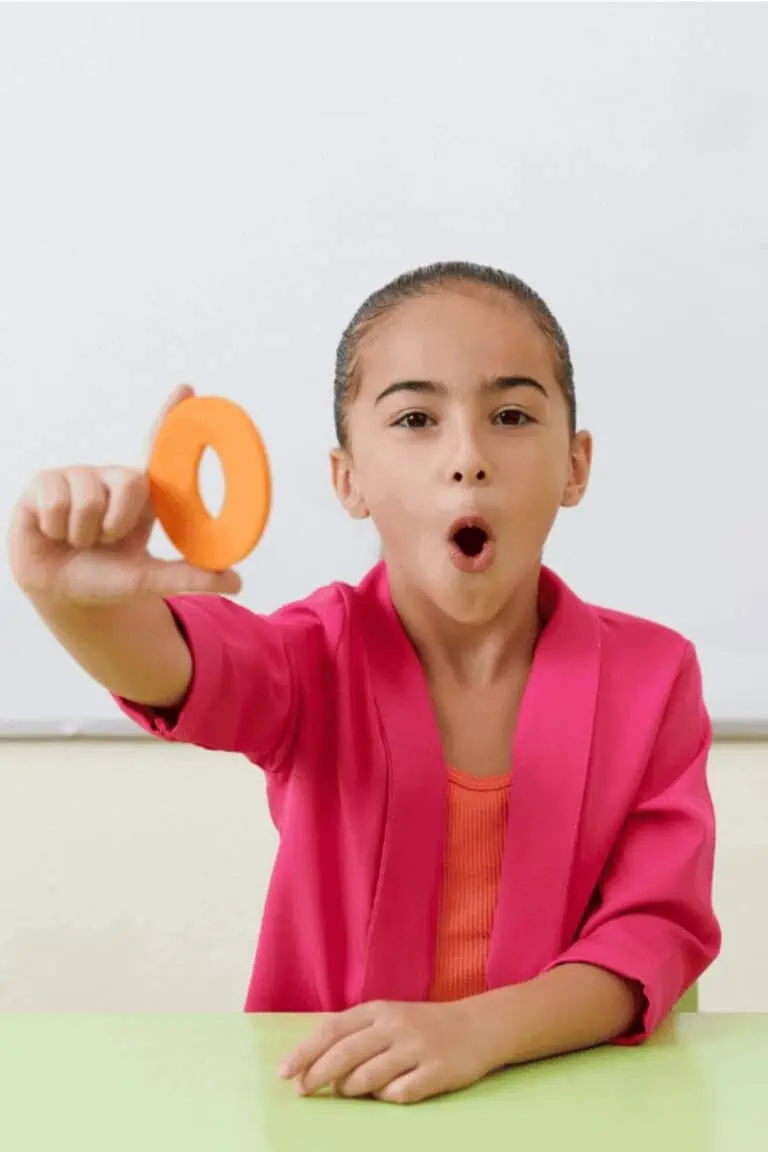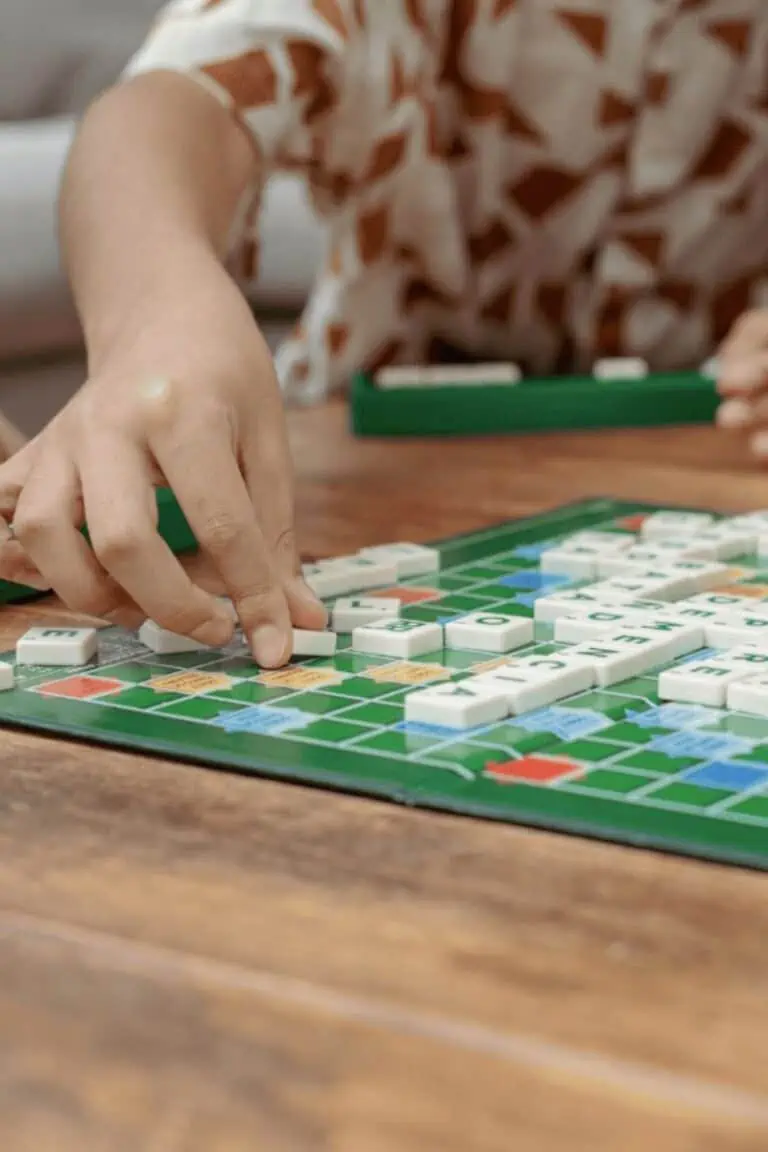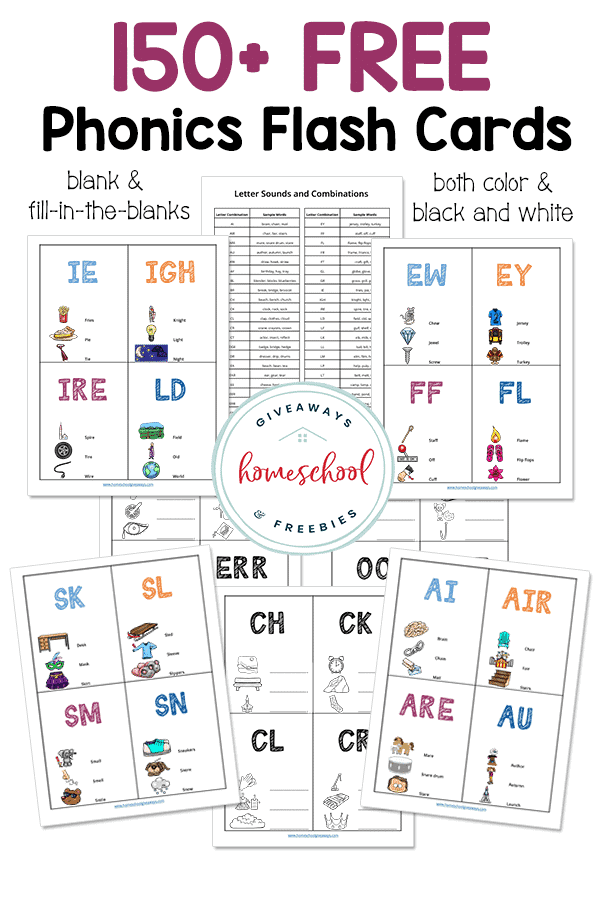10 Ways to Help Your Kids Develop Good Speaking Skills
Published:
January 24, 2020
Contributor:
Jeannette Tuionetoa
Disclosure: This post may contain affiliate links, meaning if you decide to make a purchase via my links, I may earn a commission at no additional cost to you. See my disclosure for more info.
Speaking in front of others has always been a part of the jobs I have had in my lifetime. Learning how to speak well is a skill that takes some work, dedication, and opportunities to practice. It isn’t easy but we can help our kids along the way in preparation for their future. Explore these 10 ways to help your kids develop good speaking skills. It is a skill that can help them in all walks of life.
I have to admit that with my background and growing up in New York, I had a rough time adjusting to military life at the age of 18. My speech was pretty harsh, so much so that I got in trouble a few times because of my slang. That trouble, only made me regress and not want to speak up at all.
Eventually, I enrolled in college and purposefully majored in English in order to make sure that never happened to me again. I loved what I learned in my English courses.
My English courses helped me in my next role in the military. I presented health benefits to military members and their families all over Europe. From there, I provided PowerPoint presentations to others throughout the rest of my working career.
There was no getting around learning how to speak well, but unfortunately, it took me some time to perfect my speaking skills. That is why I am a firm believer that we should prepare our kids for life early. Life skills, communication skills, social skills – they all play an important part in how our children are shaped to be adults.
We don’t have to leave our kids struggling with these skills as adults when we can equip them while they are in our care. Helping them get comfortable with and improving their speech is a skill we can begin practicing with them today.
To start, here are 10 ways to help your kids develop good speaking skills to build their confidence in this area.
1. Reading aloud
Read aloud to your children using expressive dictation and encourage your kids to do the same. Reading aloud helps improve both things, dictation and expression. Making this a habit will carry over to your child’s speaking voice and writing voice. If kids get stuck on a word, that is just fine. Use that to encourage the next thing on my list – vocabulary.
2. Build vocabulary
As soon as your kids start reading, building their vocabulary is never-ending. Weekly vocabulary words really assist kids to be confident when they speak. A robust word knowledge improves communication whether it be listening, writing, reading and of course speaking. Vocabulary growth has a direct correlation with a child’s achievement in their schooling.
If you are looking for an EASY open-and-go vocabulary curriculum, then check out the Daily Skill Building: Vocabulary. It was created with busy homeschooling moms in mind and there is no teacher guide that is needed! There are 5 volumes for elementary and middle school students to help them gradually improve their word knowledge.
3. Be intentional about daily practice
Take time out of each day to allow your child to practice speaking. Pick topics and allocate at least 15 minutes for your child to just speak about a topic. If you feel as if you are running out of topics to talk about, iSLOCOLLECTIVE has speaking cards with questions that will help you get your kids practicing talk on different topics.
4. Assign writing and speech tasks or monologues
Give your child writing prompts or writing assignments that they ultimately must read or provide a speech or monologue. If you have a larger family, have your children get together to write short plays or skits.
We have all sorts of free writing prompts you can download.
5. Let your kids get involved in activities that require speaking
For older students, speech/debate clubs or toastmasters courses are great for them to practice and get comfortable speaking in front of other peers. Helping your children to perform in plays is also a way to get them comfortable with their speech.
6. Practice taking turns
Listening will help children become better thinkers and communicators because they understand the opposite side of speaking. Having patience and knowing when to pause is essential to being a good speaker. Playing games with siblings helps kids have patience and take their turns.
7. Ask questions… everywhere about everything
In general, use every opportunity to speak to your children. Going on a ride to the store, ask them about the things they see or describe the scenery all around. Talk at the dinner table, chit chat at the park, discuss books they are reading, or ask questions about a movie you all watched.
8. Watch and take notes on public speeches
Select some public speeches online and view them with your child. Discuss what was good about them and what could have been improved. TED talks, presidential speeches or beauty pageant speeches are great picks for viewing and learning. Have your children listen for enunciation, body language, actions, eye contact or areas in the speech that took away from the points.
9. Show and tell (even for older kids)
To put their speaking skills into practice, hold weekly show-and-tells. In this activity, your child does no prep. They only select an item to show, a skill they have to describe or topic to discuss. Their speech will present the object and answer questions that eventually flow together smoothly. This comes with practice.
10. Games
Children just learn better with games. Games make learning fun and take the pressure off any nerves kids may have about speaking or speaking in front of others. Grab some of these public speaking games so that your kids are having fun and learning while improving their speaking skills.
Books on public speaking for children:
Speak With No Fear: Go from a nervous, nauseated, and sweaty speaker to an excited, energized, and passionate presenterPublic Speaking for Kids, Tweens, and Teens – Confidence for Life!Speakers’ Club: Public Speaking for Young PeoplePublic Speaking Magic: Success and Confidence in the First 20 SecondsTED Talks: The Official TED Guide to Public SpeakingPublic Speaking for KidsPublic Speaking: A Student Guide to Writing and Delivering a Great Speech
Tuesday, January 28, 2020, is Speak Up and Succeed Day. This is a time where people across the nation celebrate the skill of public speaking. It’s a perfect day for your kids to better their ability to communicate. Help your kids to celebrate every year on this day and work to improve or develop good speaking skills.
















